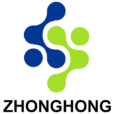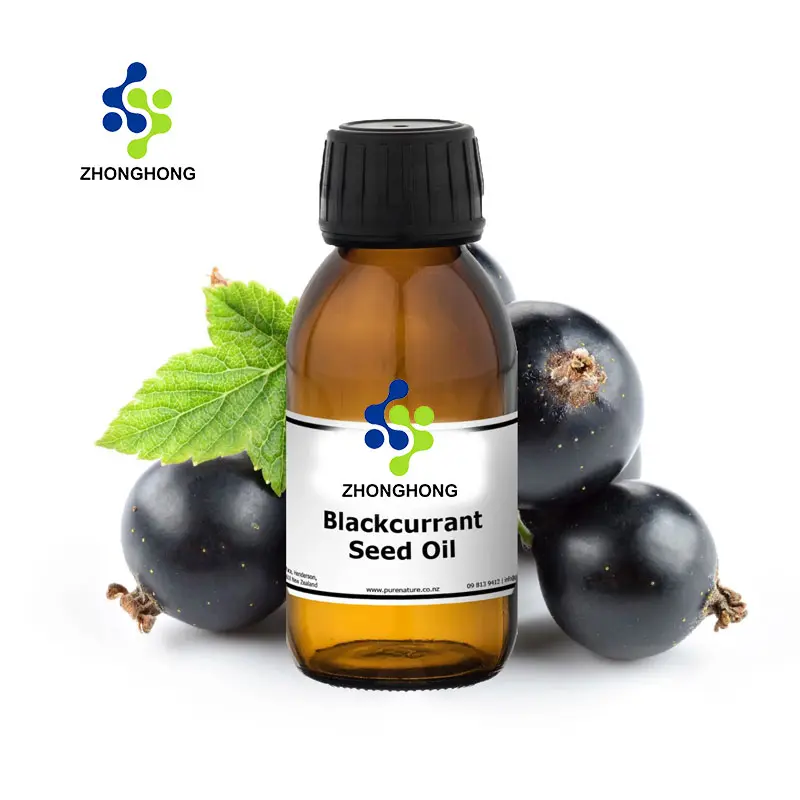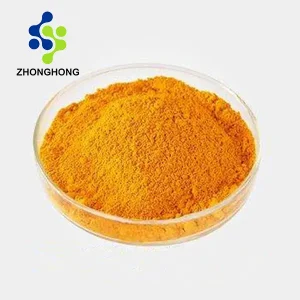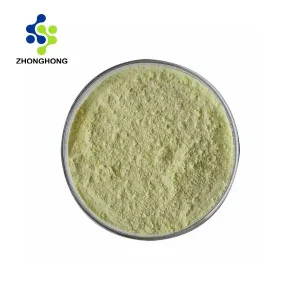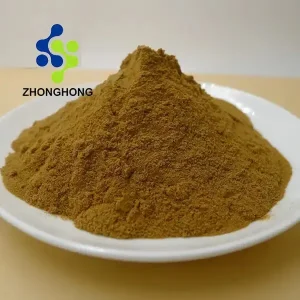Black Currant Seed Oil Benefits, Uses & Bulk Supplier – High-Purity Botanical Extracts for Health & Skincare
Black Currant Seed Oil (Ribes nigrum L.) is a nutrient-dense botanical extract renowned for its high levels of gamma-linolenic acid (GLA), omega-3 and omega-6 fatty acids, and potent antioxidants. At AIHerba®, a trusted Herbal Extract Supplier and Botanical Extract Manufacturer, we deliver top-quality bulk Black Currant Seed Oil tailored for cosmetics, dietary supplements, functional foods, and pharmaceutical applications.
With over 28 years of extraction and production experience, our Plant Extract Factory in China combines GMP-certified manufacturing, supercritical CO₂ extraction, and rigorous quality control to ensure high potency, stability, and purity.
1. Black Currant Seed Oil – Premium Botanical Oil Rich in GLA | Bulk Supplier
Black Currant Seed Oil (Ribes nigrum) is a high-quality botanical oil, rich in gamma-linolenic acid (GLA), essential fatty acids, and natural antioxidants. Produced under ISO, HACCP, and GMP-certified facilities, AIHerba offers bulk supply for skincare, dietary supplements, functional foods, and nutraceutical formulations. With traceable raw materials, third-party testing (HPLC, UV, microbial), and detailed Certificates of Analysis (COA), our black currant seed oil ensures consistent quality, purity, and stability. Ideal for B2B buyers seeking reliable suppliers, AIHerba provides flexible packaging, customizable batch sizes, and scientific application guidance. Our factory has decades of experience in botanical oil extraction and formulation support, helping global clients optimize product development while complying with international quality standards.
2. Product Overview
-
Botanical Name: Ribes nigrum
-
Common Name: Black Currant Seed Oil
-
CAS Number: 90084-22-9
-
Appearance: Golden yellow liquid, mild characteristic aroma
-
Solubility: Oil-soluble
-
Extraction Method: Cold-pressed / Solvent-extracted
3. Benefits & Functional Attributes
Note: Avoiding health or treatment claims; focusing on nutritional and cosmetic utility.
-
Rich in GLA (gamma-linolenic acid) and essential fatty acids
-
Contains natural antioxidants, polyphenols, and bioactive lipids
-
Enhances formulation stability in skincare, nutraceutical, and functional foods
-
Supports scientific R&D applications in botanical oils and lipid-based formulations
-
High oxidative stability and traceable quality for industrial use
4. Usage Guidelines & Traditional Applications
-
Skincare & Cosmetic Formulations: Creams, serums, lotions
-
Dietary Supplements & Functional Foods: Softgel capsules, nutritional powders, beverages
-
Traditional Application: Widely used in botanical formulations for its lipid profile in skin and dietary products
-
Recommended Formulation Levels: 1–5% in topical products; 100–500 mg per capsule depending on formulation
-
Storage Recommendations: Store in a cool, dry, and dark environment to maintain stability
5. Scientific Source & Quality Assurance
-
Raw Material Traceability: Each batch can be traced from certified black currant farms
-
Production Standards: ISO 9001 / HACCP / GMP compliant
-
Third-party Testing:
-
HPLC for GLA content verification
-
UV spectroscopy for polyphenol quantification
-
Microbial tests for safety compliance
-
6. Product Specifications & COA
| Category | Item | Specification / Limit | Test Method |
|---|---|---|---|
| Pesticide Residue | Organochlorine pesticides | <0.01 mg/kg | GC-MS |
| Organophosphate pesticides | <0.01 mg/kg | GC-MS | |
| Heavy Metals | Lead (Pb) | ≤ 0.5 mg/kg | AAS |
| Arsenic (As) | ≤ 0.2 mg/kg | AAS | |
| Cadmium (Cd) | ≤ 0.1 mg/kg | AAS | |
| Mercury (Hg) | ≤ 0.1 mg/kg | AAS | |
| Microbiological | Total Plate Count | ≤ 1000 CFU/g | AOAC 990.12 |
| Yeast & Mold | ≤ 100 CFU/g | AOAC 997.02 | |
| E. coli | Not detected | AOAC 2003.11 | |
| Salmonella | Not detected | AOAC 2003.09 |
7. Production Process
-
Raw material sourcing from certified farms
-
Cleaning & drying of seeds
-
Cold-press or solvent extraction under controlled temperature
-
Filtration and degumming
-
Stability testing and blending
-
Packaging in food-grade drums or bulk containers
8. Storage, Shelf Life & Packaging
-
Storage: Cool, dark, dry environment
-
Shelf Life: 24 months unopened
-
Packaging: 25 kg/drum, 27 drums/tray, customizable packaging available
-
Sample Policy: Samples available upon request
-
Minimum Order Quantity (MOQ): 50 kg (negotiable for bulk orders)
9. Applicable Industries & Use Cases
-
Industries: Cosmetics, dietary supplements, functional foods, nutraceutical R&D, pharmaceutical excipients
-
Use Cases: Skincare formulations, anti-oxidant supplement capsules, functional beverages, lipid-based nutraceuticals
-
Recommended Usage: Follow formulation guidance to maintain active compound stability; integrate with complementary botanical oils
10. Production & Factory Expertise
-
Decades of experience in botanical oil extraction and GLA-rich oil production
-
Strict quality control protocols, in-house lab testing, and COA issuance for every batch
-
Collaboration with international B2B clients, providing formulation support and regulatory compliance advice
-
Certifications: ISO 9001, GMP, HACCP, Kosher, Halal
11. FAQ – Black Currant Seed Oil
-
Q: What is the GLA content in AIHerba Black Currant Seed Oil?
A: Typically 15–20% GLA, verified by HPLC. -
Q: Can this oil be used in cosmetic and supplement formulations?
A: Yes, it is widely applied in both industries as a stable botanical oil. -
Q: How is the oil extracted?
A: Cold-pressed or solvent-extracted under ISO/GMP standards to maintain purity. -
Q: Are samples available for testing?
A: Yes, small sample quantities can be provided for formulation evaluation. -
Q: How is product quality ensured?
A: Through raw material traceability, third-party testing (HPLC, UV, microbial), and COA verification. -
Q: What packaging and shipping options are available for bulk orders?
A: Food-grade drums, pallets, and customizable options with international shipping support.
